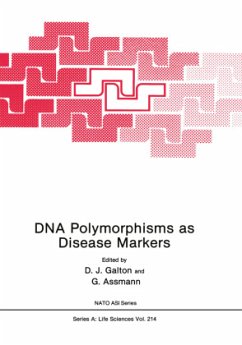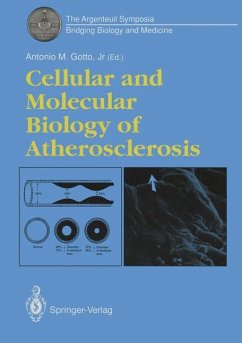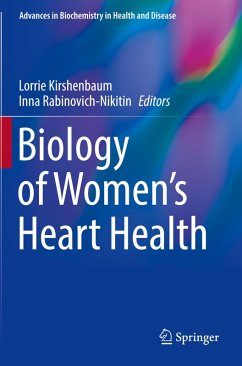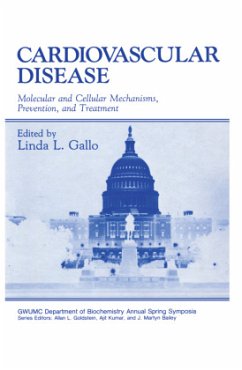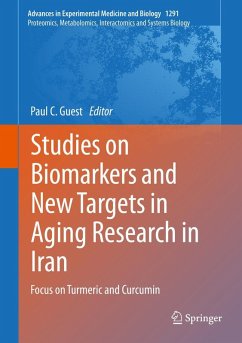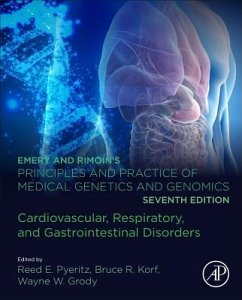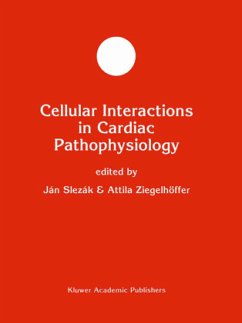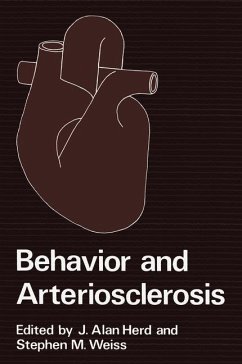
Behavior and Arteriosclerosis

PAYBACK Punkte
20 °P sammeln!
During the past decade, cardiovascular medicine has made significant strides in the diagnosis and treatment of coronary heart disease and related disorders as well as developing a better understanding of potential preventive, risk-reduc ing measures. Highly sophisticated diagnostic instrumentation, surgical pro cedures, and emergency medical care have undoubtedly contributed greatly to the trend of declining mortality from cardiovascular events. In the course of the extensive research efforts associated with this area, it has become increas ingly apparent that the identified coronary risk fact...
During the past decade, cardiovascular medicine has made significant strides in the diagnosis and treatment of coronary heart disease and related disorders as well as developing a better understanding of potential preventive, risk-reduc ing measures. Highly sophisticated diagnostic instrumentation, surgical pro cedures, and emergency medical care have undoubtedly contributed greatly to the trend of declining mortality from cardiovascular events. In the course of the extensive research efforts associated with this area, it has become increas ingly apparent that the identified coronary risk factors share the common ele ment of lifestyle as a major determiner of health behaviors associated with these factors. Further, it is suspected that behavioral and environmental factors may playa significant contributory role toward the etiology and progression of arteriosclerosis through their effects on the central and peripheral nervous sys tems and associated neurohormonal response. Considerable research effort has been devoted to identifying the risks asso ciated with smoking, elevated blood pressure, and serum cholesterol. Research development and modification is being vigorously pursued. Behavioral research exploring the role of psychological stress factors, social support networks, stressful life events, and the Type AlB behavior patterns has uncovered poten tially meaningful associations between behavioral factors and arteriosclerosis, as discussed in the succeeding chapters of this book.





